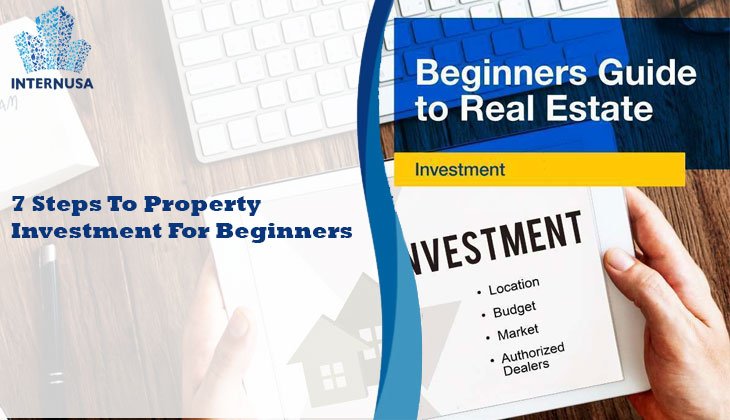10 Property Investment Strategies Every Investor Should Know
Investing in property has long been considered a reliable way to build wealth and secure financial stability. However, the property market is diverse and dynamic, offering a variety of strategies that can meet different investor goals, risk appetites, and market conditions.
Now for those of you who want to invest in property, Here are ten popular property investment strategies that every investor should know.
1. Buy and Hold
The buy and hold strategy involves purchasing property and holding onto it for an extended period, allowing it to appreciate in value over time. Investors typically benefit from rental income and capital gains. This strategy is suitable for those looking for long-term investment and stable returns. It requires patience and a thorough understanding of market trends to identify properties with high appreciation potential.
2. Buy-to-Let
Buy-to-let is a common strategy where investors purchase properties to rent them out. This strategy generates steady rental income and can provide tax benefits. Location is critical in buy-to-let investments, as areas with high demand for rental properties tend to yield better returns. Investors must also consider property management and maintenance costs.
3. Flipping
Flipping involves buying properties at a low price, renovating them, and selling them at a higher price. This strategy can yield significant short-term profits but comes with higher risks and requires substantial capital and knowledge of the real estate market. Successful flipping depends on the ability to quickly and cost-effectively improve a property’s value.
4. House Hacking
House hacking is a strategy where investors live in one part of a property and rent out the other parts to cover the mortgage and other expenses. This strategy is particularly beneficial for first-time investors or those looking to reduce their living costs. It offers the dual benefits of homeownership and rental income.
5. Off-Plan Investments
Off-plan investments involve purchasing properties before they are built. Investors typically buy at a lower price, with the potential for significant appreciation once the property is completed. However, this strategy carries risks such as construction delays and market fluctuations. It’s essential to conduct due diligence on the developer’s track record and the property’s location.
6. BRRRRStrategy
The BRRRR strategy stands for Buy, Rehab, Rent, Refinance, and Repeat. Investors purchase distressed properties, renovate them to increase their value, rent them out, and then refinance to pull out the equity for further investments. This strategy can generate substantial returns if executed correctly but requires extensive knowledge of property rehabilitation and financing.
7. Real Estate Investment Trusts (REITs)
REITs allow investors to buy shares in a portfolio of real estate assets, providing a way to invest in property without owning physical properties. REITs offer liquidity, diversification, and regular income through dividends. They are suitable for investors looking for a hands-off approach to property investment and exposure to various real estate sectors.
8. Turnkey Properties
Turnkey properties are fully renovated homes or apartments that are ready to rent out immediately. This strategy appeals to investors who prefer minimal involvement in the property management process. Turnkey investments provide immediate rental income but typically come at a higher purchase price and require trusting the turnkey provider’s quality and management services.
9. Commercial Property Investment
Investing in commercial properties, such as office buildings, retail spaces, and industrial properties, can yield higher returns than residential properties. Commercial leases tend to be longer and offer more stability. However, this strategy requires a deeper understanding of the commercial real estate market, higher initial capital, and more complex management.
10. Real Estate Crowdfunding
Real estate crowdfunding platforms allow investors to pool their money to invest in larger real estate projects. This strategy provides access to a diverse range of properties and allows investors to start with relatively low capital. It also offers the benefit of passive income and professional management of the investment properties. However, investors should be aware of the risks and platform fees associated with crowdfunding.
Various Strategies To Meet Various Goals
Property investment offers numerous strategies to cater to different investor goals and risk tolerances. From long-term investments like buy and hold to more active approaches like flipping and house hacking, there is a strategy for every investor. Understanding these strategies and conducting thorough research are essential for making informed investment decisions and maximizing returns. As the property market evolves, staying informed and adaptable will be key to success in property investment.







